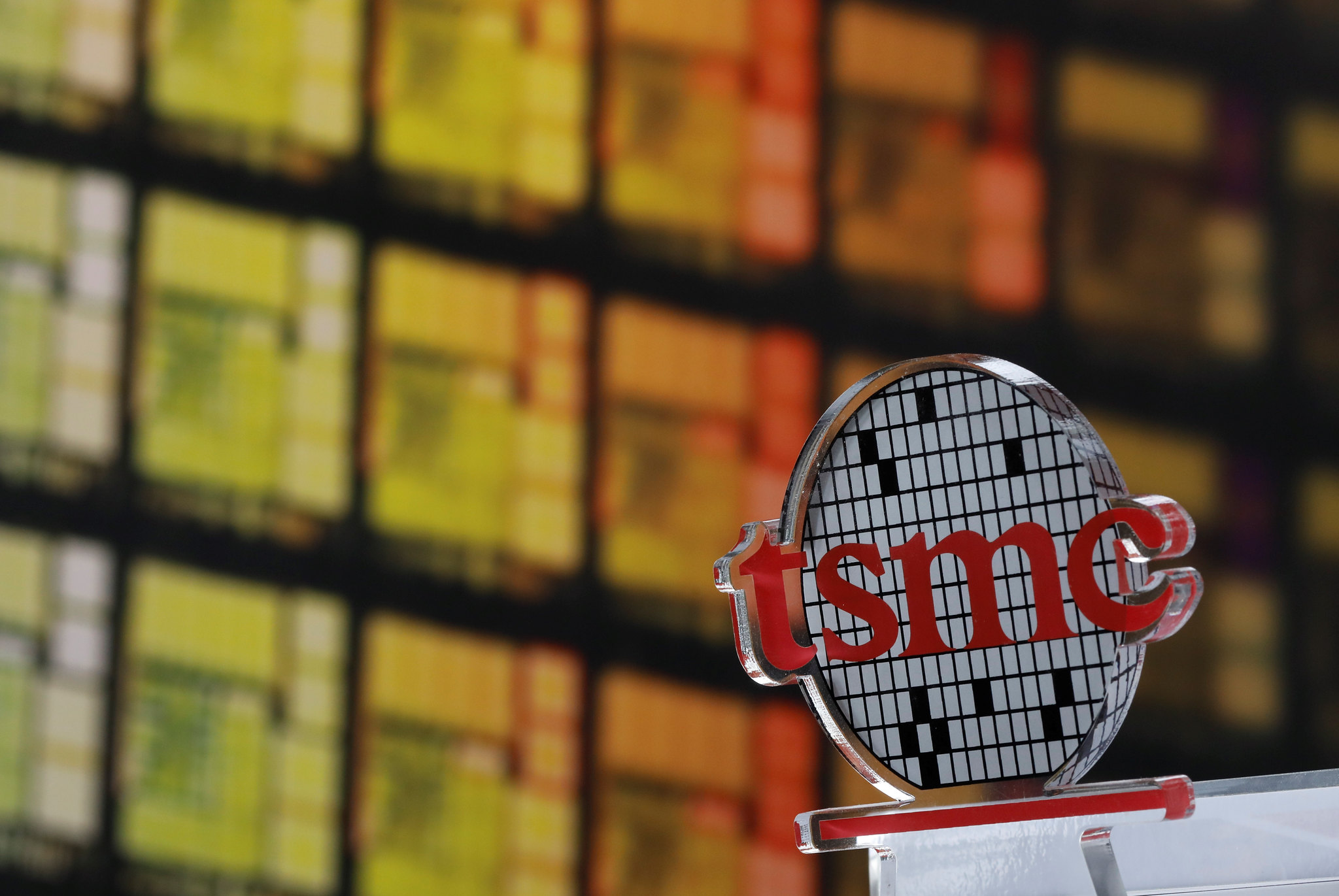 INFRA
INFRA
 INFRA
INFRA
 INFRA
INFRA
The world’s biggest computer chip maker, Taiwan Semiconductor Manufacturing Co., is reportedly seeking assurances from the U.S. government about subsidies it will receive for the $40 billion manufacturing facilities it’s planning to build in Arizona.
At a time when it’s facing a sharp drop in revenue, TSMC is said to be discussing Washington’s “guidance” over a law that’s designed to boost domestic chip manufacturing. The company reportedly has a number of concerns over the qualifying criteria for U.S. government subsidies.
Reuters said the conditions include a requirement that chipmakers share excess profits with the U.S. government. Moreover, the application process may also expose confidential corporate information, TSMC fears.
“We can confirm that we are communicating with the U.S. government about the CHIPS ACT guidance,” TSMC told Reuters in a statement.
TSMC isn’t the only chipmaker that’s said to be stressing out over the criteria, with Samsung Electronics Co. Ltd. and SK Hynix Inc. also said to have their concerns, South Korean President Yoon Suk Yeol said last month.
Taiwan’s economy minister Wang Mei-hua told Reuters today that TSMC is concerned about the contractual details of the subsidies. “The Taiwan government and industry have a very close understanding (of what is going on) and hope that the details of the relevant subsidy legislation will not affect industrial cooperation between the two sides and costs for industry-related construction,” she said.
For its part, the U.S. Commerce Department has insisted that chipmakers’ confidential business information will be protected, and expects that profit-sharing will be required only in cases where projects significantly exceed projected cash flow.
TSMC said in December 2022 that it will invest $40 billion to build multiple new chipmaking facilities in Arizona, in support of Washington’s plans to boost domestic chip manufacturing. The new factories will manufacture the company’s most advanced chips, based on a three-nanometer process, as well as less powerful semiconductors. Although TSMC is supporting the U.S., its move is also strategic as the company looks to expand beyond its home base of Taiwan, which is facing political tensions with China.
The exact details of the subsidies TSMC expects to receive from the U.S. have not been disclosed, but they would come from a $52 billion pool of funds that the CHIPS Act has set aside for chip research and manufacturing.
TSMC’s concerns over the subsidies follow a sharp revenue drop, with a preliminary financial report showing today that its net sales fell more than 15% on a year-over-year basis in March. TSMC’s revenue dropped from $5.6 billion in March 2022 to just $4.7 billion for the three months ended in March.
The revenue decline is not an aberration, as most other chipmakers have also reported a big drop in sales recently, including Samsung.
Support our mission to keep content open and free by engaging with theCUBE community. Join theCUBE’s Alumni Trust Network, where technology leaders connect, share intelligence and create opportunities.
Founded by tech visionaries John Furrier and Dave Vellante, SiliconANGLE Media has built a dynamic ecosystem of industry-leading digital media brands that reach 15+ million elite tech professionals. Our new proprietary theCUBE AI Video Cloud is breaking ground in audience interaction, leveraging theCUBEai.com neural network to help technology companies make data-driven decisions and stay at the forefront of industry conversations.